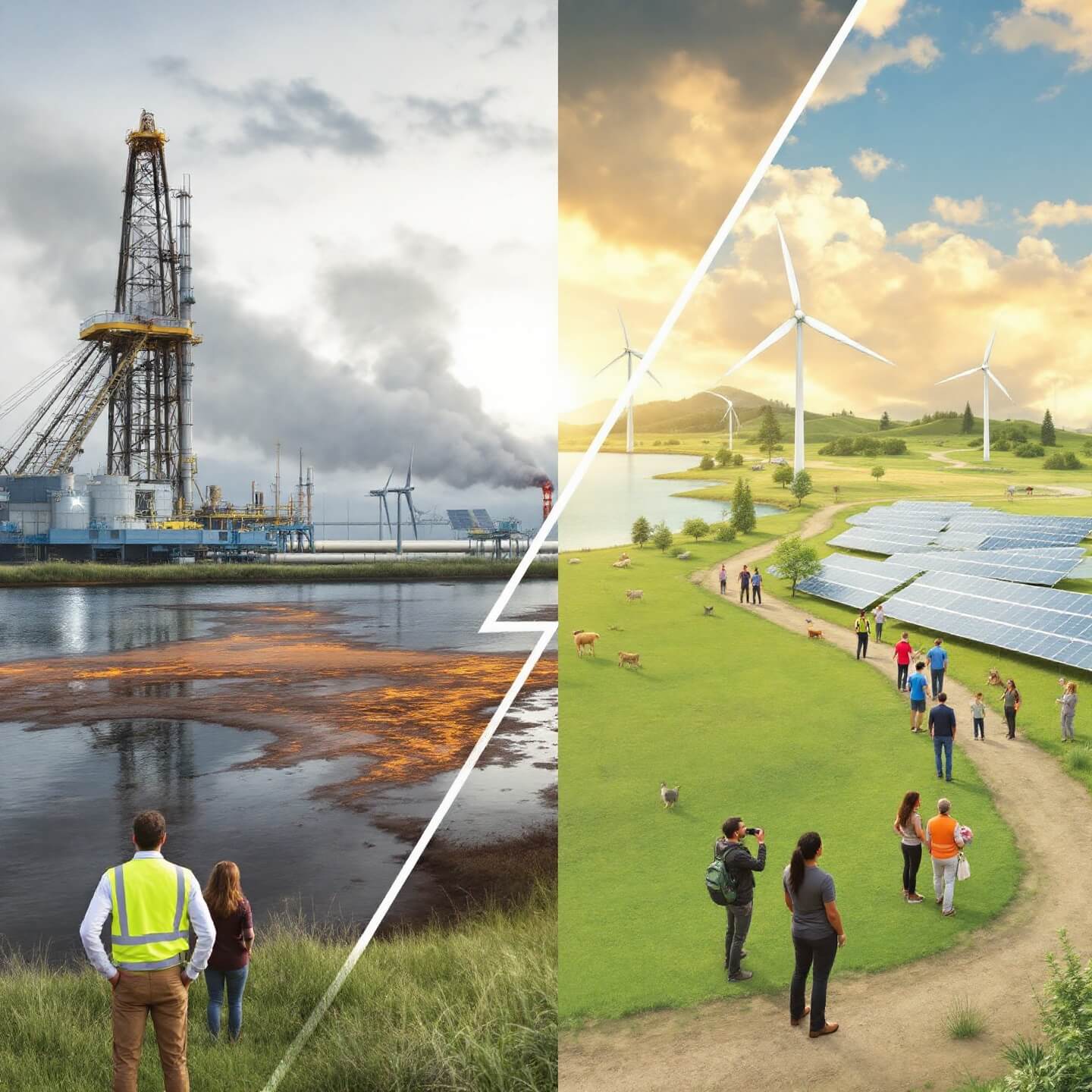
The oil and gas industry plays a critical role in powering the global economy, providing energy for transportation, manufacturing, and daily life. However, the sector is often under scrutiny for its environmental, social, and governance (ESG) practices. Ethical considerations in oil and gas operations are becoming increasingly important as stakeholders demand greater accountability, transparency, and sustainability. This article explores the key ethical challenges faced by the industry, including environmental concerns, community relations, and transparency, and highlights the steps companies can take to address these issues responsibly.
Ethics in the oil and gas industry is not just about compliance with laws and regulations; it is about doing what is right for the environment, communities, and future generations. Ethical practices are essential for building trust with stakeholders, including governments, investors, employees, and local communities. Companies that prioritize ethical considerations are better positioned to mitigate risks, enhance their reputation, and ensure long-term sustainability.
One of the most significant ethical challenges in the oil and gas industry is its environmental impact. From greenhouse gas emissions to habitat destruction, the sector faces criticism for its role in contributing to climate change and environmental degradation.
The oil and gas industry is a major contributor to global carbon dioxide (CO2) and methane emissions. These emissions are linked to climate change, which poses a threat to ecosystems, economies, and human health. Ethical considerations demand that companies take responsibility for their carbon footprint and invest in cleaner technologies.
Oil and gas extraction often leads to deforestation, water pollution, and soil contamination. For example, oil spills can devastate marine ecosystems, while hydraulic fracturing (fracking) has been linked to groundwater contamination and seismic activity.
Oil and gas operations often take place in or near communities, including indigenous territories and rural areas. Ethical considerations in community relations revolve around respecting local cultures, ensuring fair compensation, and addressing social impacts.
Many oil and gas projects are located on indigenous lands, raising concerns about land rights, cultural preservation, and consent. Ethical companies must engage with indigenous communities in a respectful and transparent manner.
Communities affected by oil and gas operations often face disruptions to their livelihoods, such as loss of agricultural land or fishing resources. Ethical considerations require companies to provide fair compensation and invest in community development.
Oil and gas operations can lead to social challenges, such as population displacement, increased crime rates, and health risks. Ethical companies must proactively address these issues.
Transparency is a cornerstone of ethical business practices. In the oil and gas industry, transparency is essential for building trust with stakeholders and ensuring accountability.
The oil and gas sector has faced criticism for corruption and lack of financial transparency, particularly in resource-rich developing countries. Ethical companies must disclose their financial dealings and ensure that revenues benefit local populations.
Stakeholders, including investors and communities, demand greater transparency about the environmental and social impacts of oil and gas operations.
The oil and gas industry relies on complex supply chains, which can involve unethical practices such as forced labor or environmental violations. Ethical companies must ensure that their suppliers adhere to high standards.
Advances in technology are helping the oil and gas industry address ethical challenges. For example, digital tools can improve transparency, while innovative technologies can reduce environmental impacts.
The oil and gas industry faces significant ethical challenges, but it also has the opportunity to lead the way in sustainable and responsible practices. By addressing environmental concerns, building strong community relations, and promoting transparency, companies can demonstrate their commitment to ethical operations. Stakeholders, including governments, investors, and consumers, play a crucial role in holding the industry accountable and encouraging positive change.
As the world transitions to a more sustainable energy future, the oil and gas sector must embrace ethical considerations as a core part of its business strategy. By doing so, it can contribute to a cleaner, fairer, and more equitable world.